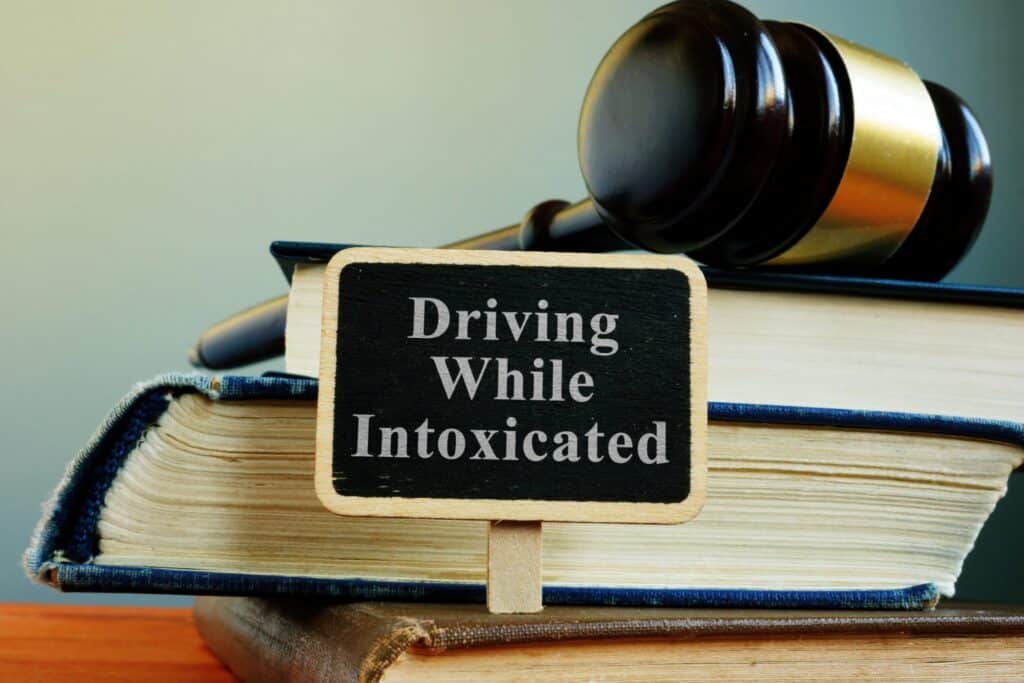When it comes to the grand scheme of Maine’s operating under the influence (OUI) laws, implied consent rules serve a crucial purpose. However, with the changes to OUI laws over the past few decades to make them more and more draconian, implied consent laws have also been beefed up until they’re so harsh that they can implicate your Fourth Amendment rights.
A recent Supreme Court case, Birchfield v. North Dakota, sheds light on how this works.
Supreme Court Rules on Drunk Driving Laws
To keep drunk drivers from avoiding a serious OUI conviction by refusing to take a blood-alcohol content (BAC) test, and thereby accepting a lesser infraction for implied consent, twelve states turned implied consent violations from administrative infractions into actual crimes. By turning them into crimes, though, gathering evidence of an implied consent infraction suddenly implicated an OUI suspect’s Fourth Amendment right to be free from unreasonable searches and seizures.
When it comes to an implied consent crime, the relevant search that police have to do is to request an OUI suspect to take a BAC test. If they refuse to do so, there’s the evidence of a violation. However, if requesting a BAC is unreasonable, and therefore in violation of the Fourth Amendment, then any evidence obtained through that request is excluded from court, and cannot be used.
The case that went to the Supreme Court of the United States involved two drivers in states where violating implied consent is now a crime. One of them refused a breath test. The other refused a blood test. The question, therefore, was whether these tests were reasonable under the Fourth Amendment.
Warrantless Blood Tests Violate the Fourth Amendment
Because the police – as is the norm for an OUI investigation – didn’t have a warrant to conduct a BAC test, both of the tests requested were warrantless. Therefore, they would have to fall within one of the exceptions to the warrant requirement. Prosecutors claimed they were searches incident to an arrest. These searches are only valid if they don’t intrude too much on a suspect’s expectation of privacy.
According to the Supreme Court, your reasonable expectation of privacy does get violated by a blood test, but not by a breath test. Their rationale behind this distinction is that breath samples are not stored after being gathered, and can only tell police one thing – your BAC. Blood samples, on the other hand, have your DNA in them, allowing the state access to incredibly personal information.
Therefore, the Court decided that in order to prosecute you for an implied consent crime, the BAC test that you refused must have been a breath test – you have a Fourth Amendment right to refuse a warrantless blood test when it’s going to be used to prosecute an implied consent crime.
Maine OUI-Defense Attorney William T. Bly
Currently, Maine is not one of the states that has made an implied consent infraction a crime. However, by green-lighting the practice for warrantless breath tests, you can rest assured that it will just be a matter of time before Maine changes its law.
If you’ve been arrested and charged for an OUI crime, including for an implied consent violation, you need an attorney. Contact the law office of OUI-defense attorney William T. Bly online or at (207) 571-8146.


